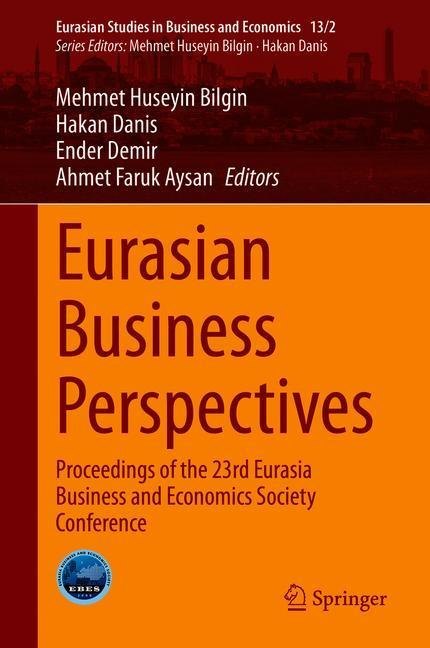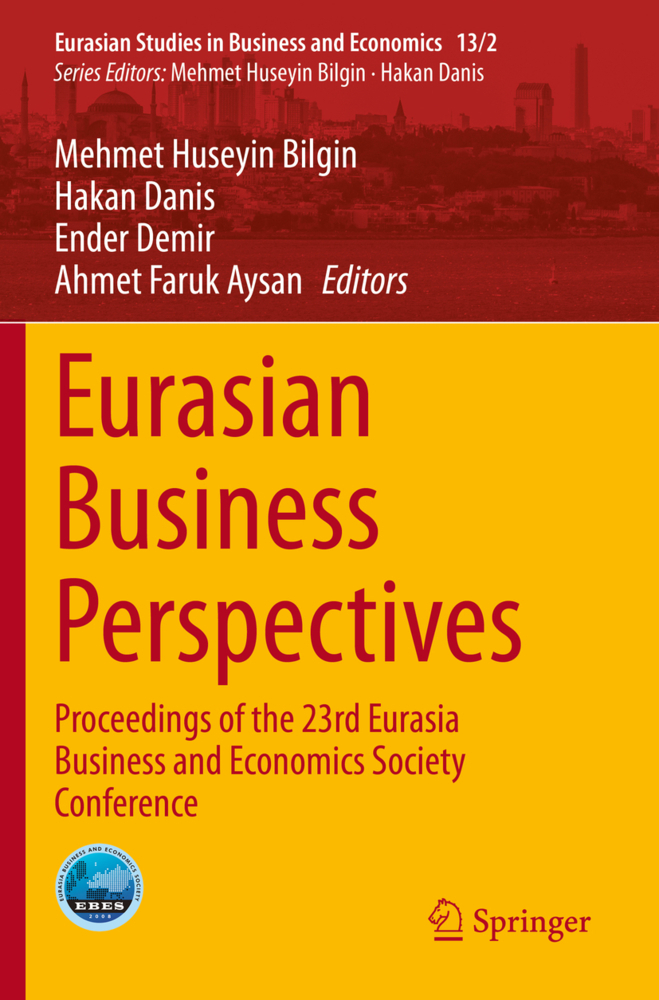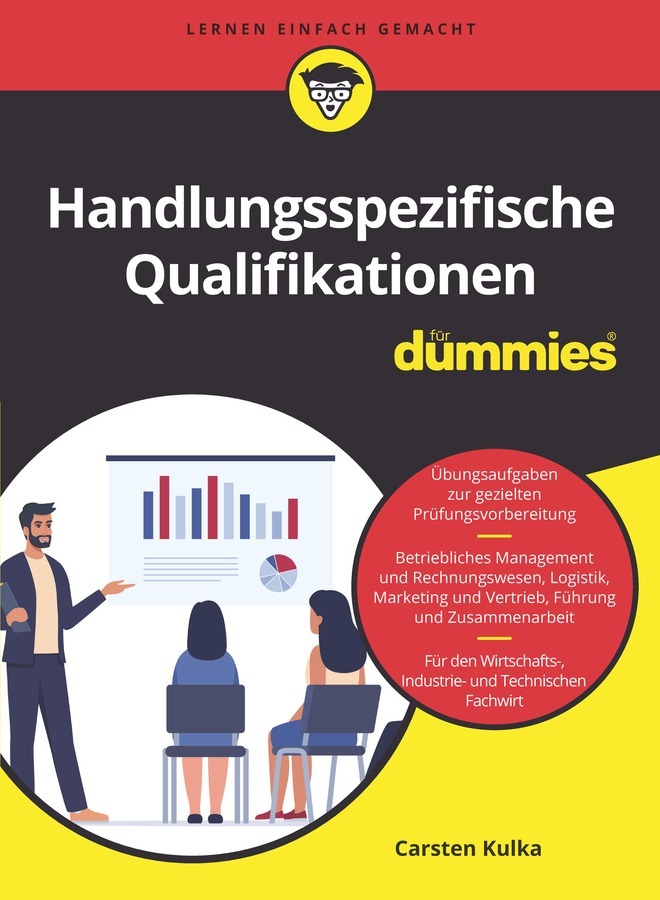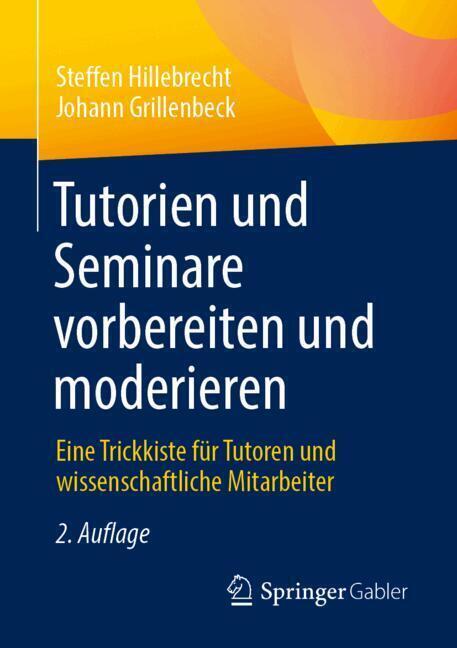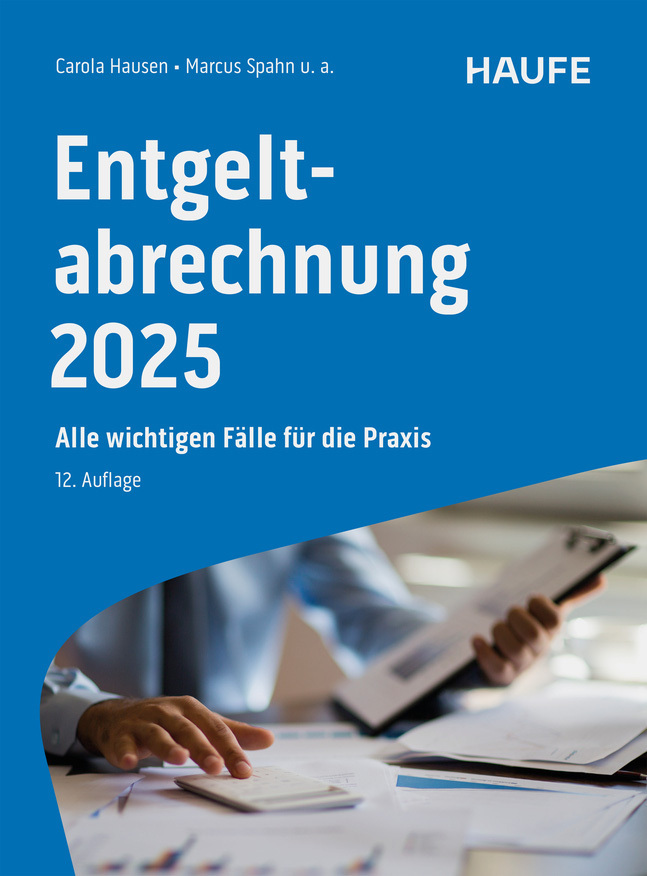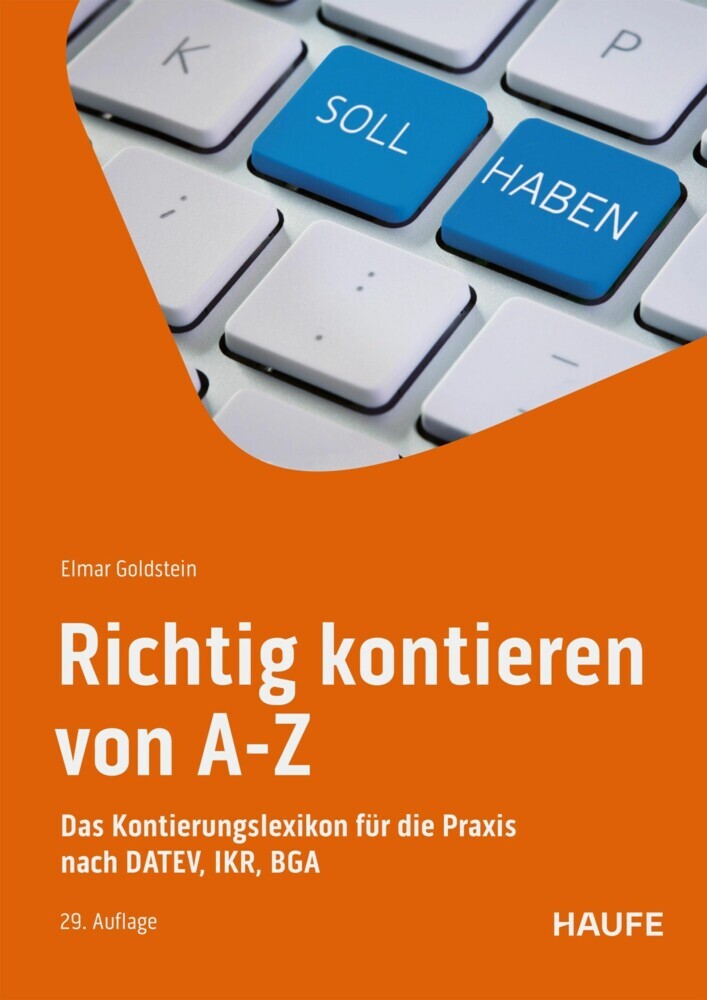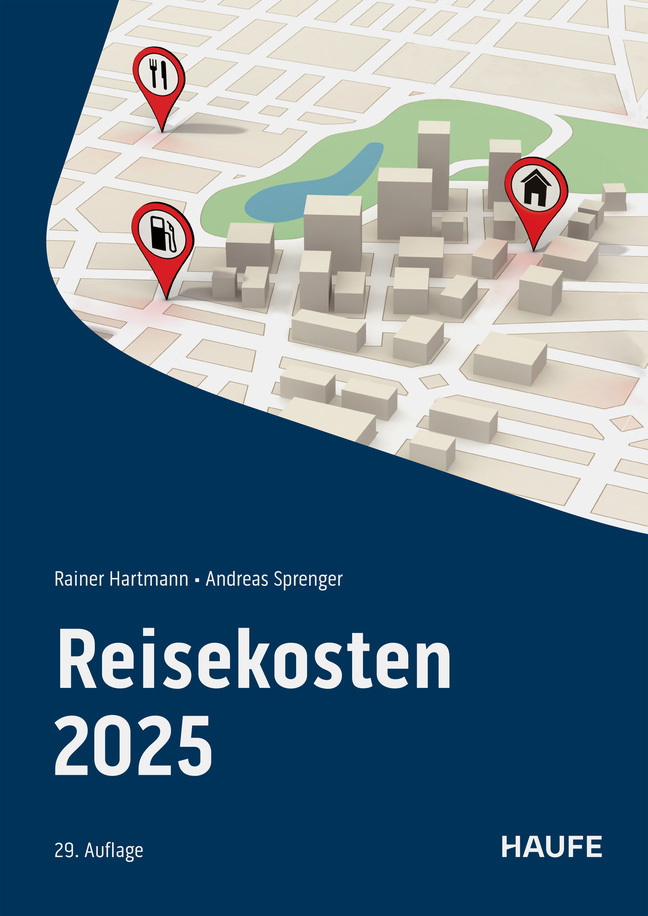Eurasian Business Perspectives
This book presents selected theoretical and empirical papers from the 23rd Eurasia Business and Economics Society (EBES) Conference, held in Madrid, Spain. Covering diverse areas of business and management in various geographic regions, it focuses on current topics, like entrepreneurship, the suitability of classical motivation theories, assessment of socio-economic efficiency, and workplace bullying. It also includes related studies that analyze management and marketing aspects such as progressive services from the service provider perspective, supply chain governance mechanisms, and social media and magazines.
Mehmet Huseyin Bilgin is a Professor at the Istanbul Medeniyet University (Turkey). He also held several visiting faculty positions at Indiana University-Purdue University Indianapolis (IUPUI) (USA), Jacksonville University (USA), Zagreb University (Croatia), and Nanyang Technological University (Singapore). Prof. Bilgin has published many articles in reputable international journals and is the Associate Editor of the Eurasian Economic Review (Springer). He is the founder and current Chairman of the Istanbul Economic Research Association, and is the founder and current Vice President of the Eurasia Business and Economics Society (EBES, Turkey). He has also been active as a consultant in several institutions, as a newspaper columnist, and featured in several television programs.
Hakan Danis is Assistant Professor of Economics at the Istanbul Sehir University (Turkey), Vice President of Eurasia Business and Economics Society (EBES), and Director in Credit Strategies Group at the Mitsubishi UFJ Financial Group (MUFG) (USA). Previously, he worked at the Spanish multinational global bank Banco Bilbao Vizcaya Argentaria (BBVA) in USA as a Senior Economist. He is one of the founders and first President of EBES. He has published articles in many leading economics and finance journals and currently serves as the Managing Editor of Eurasian Economic Review (Springer). He is a frequent guest editor at the Emerging Markets Finance & Trade and Singapore Economic Review, and has published several academic books. His current research and teaching interests include monetary policy, nonlinear applied time series, risk management in financial institutions and macroeconomics.
Ender Demir is an Associate Professor of Finance at the Istanbul Medeniyet University (Turkey). Dr. Demir is the founder and conference coordinator of the Eurasia Business and Economic Society (EBES). He serves as the Associate Editor of the Eurasian Business Review (Springer), and as a Subject Editor of the Journal of Multinational Financial Management. He has published his research in peer-reviewed international journals such as the Annals of Tourism Research, Emerging Markets Review, Finance Research Letters, and Journal of International Financial Markets, Institutions and Money. His research interests are in corporate finance, cryptocurrencies, financial economics, and tourism economics.
Ahmet Faruk Aysan is the Dean of the School of Management and Administrative Sciences at the Istanbul Sehir University (Turkey). Professor Aysan's fields of specialization are international finance, macroeconomics, political economy, banking and finance, econometrics as well as governance and development. He is a member of editorial and advisory boards of several international journals and has published many articles in academic journals. Professor Aysan was awarded with the Bogaziçi University Foundation Publication Awards; Bogaziçi University Foundation Academic Promotion Awards and the Ibn Khaldun Prize for the best paper on the North African and Middle Eastern Country Studies granted by Middle East Economic Association.
1;Preface;6 2;Eurasia Business and Economics Society (EBES);8 3;Contents;11 4;List of Contributors;14 5;Part I: Human Resources;17 5.1;Employer Brand and Hospitality Services: Theoretical Overview;18 5.1.1;1 Introduction;18 5.1.2;2 The Employer Brand: The Concept and the Strategy;19 5.1.3;3 Hospitality Services and Contact Employees;23 5.1.4;4 The Relations Between Employer Brand and Hospitality Services;24 5.1.5;5 Conclusions;27 5.1.6;References;27 5.2;Motivating Employees in Times of Industry 4.0: The Suitability of Classical Motivation Theories Within the Framework of Indust...;30 5.2.1;1 Introduction;30 5.2.2;2 Theoretical Background;32 5.2.3;3 Literature Review;33 5.2.4;4 Methodology;35 5.2.4.1;4.1 Sample;35 5.2.4.2;4.2 Research Design;36 5.2.5;5 Empirical Results;36 5.2.5.1;5.1 Currently Used Motivation Measures;36 5.2.5.2;5.2 Planned Motivation Measures Within the Framework of Industry 4.0;39 5.2.5.2.1;5.2.1 Early and Enhanced Communication;39 5.2.5.2.2;5.2.2 Training Programs and Retraining;39 5.2.5.2.3;5.2.3 Changes in Small Steps;40 5.2.5.2.4;5.2.4 Diversified and Challenging Jobs;40 5.2.6;6 Conclusion;40 5.2.7;References;41 5.3;Workplace Bullying: Organizational Antecedents and HRM Prevention Program;43 5.3.1;1 Introduction;44 5.3.2;2 Literature Review and Hypotheses Development;45 5.3.2.1;2.1 Workplace Bullying;45 5.3.2.2;2.2 Destructive Leadership;47 5.3.2.3;2.3 Organizational Culture;48 5.3.2.4;2.4 Destructive Leadership and Workplace Bullying: Organizational Culture as a Mediator;49 5.3.2.5;2.5 HRM Bullying Prevention Programs;50 5.3.2.5.1;2.5.1 Anti-Bullying Policy;51 5.3.2.5.2;2.5.2 Anti-Bullying Training;51 5.3.2.6;2.6 Methodology;53 5.3.2.6.1;2.6.1 Research Design and Sample Characteristics;53 5.3.2.6.2;2.6.2 Development of Scales and Measurement of Variables;54 5.3.2.6.3;2.6.3 Sources of Data;54 5.3.2.6.4;2.6.4 Reliability of Research Constructs;55 5.3.2.6.5;2.6.5 Validity of Research Constructs;55 5.3.2.6.6;2.6.6 Descriptive Analysis;56 5.3.3;3 Results and Discussion;56 5.3.4;4 Implications;61 5.3.4.1;4.1 Theoretical Implication;61 5.3.4.2;4.2 Implications for HRM Practitioners;61 5.3.5;5 Limitations and Directions of Future Research;62 5.3.6;Appendices;63 5.3.6.1;Appendix 1: Conformity Factor Analysis-Workplace Bullying;63 5.3.6.2;Appendix 2: Conformity Factor Analysis-Organizational Culture;64 5.3.6.3;Appendix 3: Conformity Factor Analysis-Destructive Leadership;64 5.3.6.4;Appendix 4: Conformity Factor Analysis-Anti-bullying Policy;65 5.3.6.5;Appendix 5: Conformity Factor Analysis-Anti-bullying Training;66 5.3.6.6;Appendix 6: Full Research Questionnaire;66 5.3.7;References;70 6;Part II: Management;73 6.1;Importance of Management Function Control in Slovak Companies;74 6.1.1;1 Introduction;74 6.1.2;2 Theoretical Background;76 6.1.2.1;2.1 Control Function of Management;76 6.1.2.2;2.2 Controlling and Other Management Functions;77 6.1.2.3;2.3 Western and Eastern Approach to Controlling;78 6.1.3;3 Methodology;79 6.1.4;4 Research Results;80 6.1.5;5 Conclusion;86 6.1.6;References;88 6.2;Selecting an Effective Leader: A Competency-Based Grey Relational Analysis Model;90 6.2.1;1 Introduction;90 6.2.2;2 Literature Review;91 6.2.3;3 The Proposed Method and Experimental Result;93 6.2.4;4 Weighting the Indicators for Effective Leaders by AHP;94 6.2.5;5 Formation of Decision-Making Matrix;94 6.2.6;6 Normalization of Decision-Making Matrix;95 6.2.7;7 Reference Sequence Definition;96 6.2.8;8 Calculation of Grey Relational Coefficient;97 6.2.9;9 Calculation of Grey Relational Grade;98 6.2.10;10 Conclusion;99 6.2.11;References;100 6.3;Progressive Services Viewed by Service Providers: Regional Comparative Analysis;103 6.3.1;1 Introduction;104 6.3.2;2 Podlaskie and Westpomeranian Provinces as Places of Progressive Services;105 6.3.3;3 Results of Comparative Analysis;106 6.3.4;4 Differences Between the Provinces in the Answers of the Survey with Mann-Whitney U Test;108 6.3.5;5 Conclusions;112 6.3.6;References;113 6.4;Applica
Bilgin, Mehmet Huseyin
Danis, Hakan
Demir, Ender
Aysan, Ahmet Faruk
| ISBN | 9783030401603 |
|---|---|
| Artikelnummer | 9783030401603 |
| Medientyp | E-Book - PDF |
| Copyrightjahr | 2020 |
| Verlag | Springer-Verlag |
| Umfang | 323 Seiten |
| Sprache | Englisch |
| Kopierschutz | Digitales Wasserzeichen |

